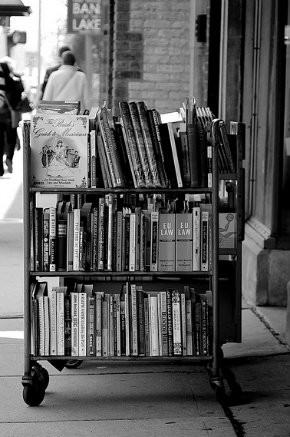Books that linger

One of the many blessings of being retired from pastoral ministry is that I get to read more books for sheer pleasure. Here are a few that I thoroughly enjoyed.
The Boys in the Boat: Nine Americans and Their Epic Quest for Gold at the 1936 Berlin Olympics, by Daniel James Brown, has been on the New York Times best-seller list for 43 weeks. It’s the story of the University of Washington rowing team that competed in the 1936 Olympic Games in Berlin. The author tells the story from the perspective of Joe Rantz, a raw, unsophisticated teenager with no family to speak of and no resources beyond his own determination and strength. In the sport of rowing, which demands the maximum in self-discipline by and sacrifice, Joe finds a route to self-confidence and redemption.
George Yeoman Pocock, who builds the best racing boats in the world, is a mentor to Joe. He sounds like a skilled chaplain when he counsels:




